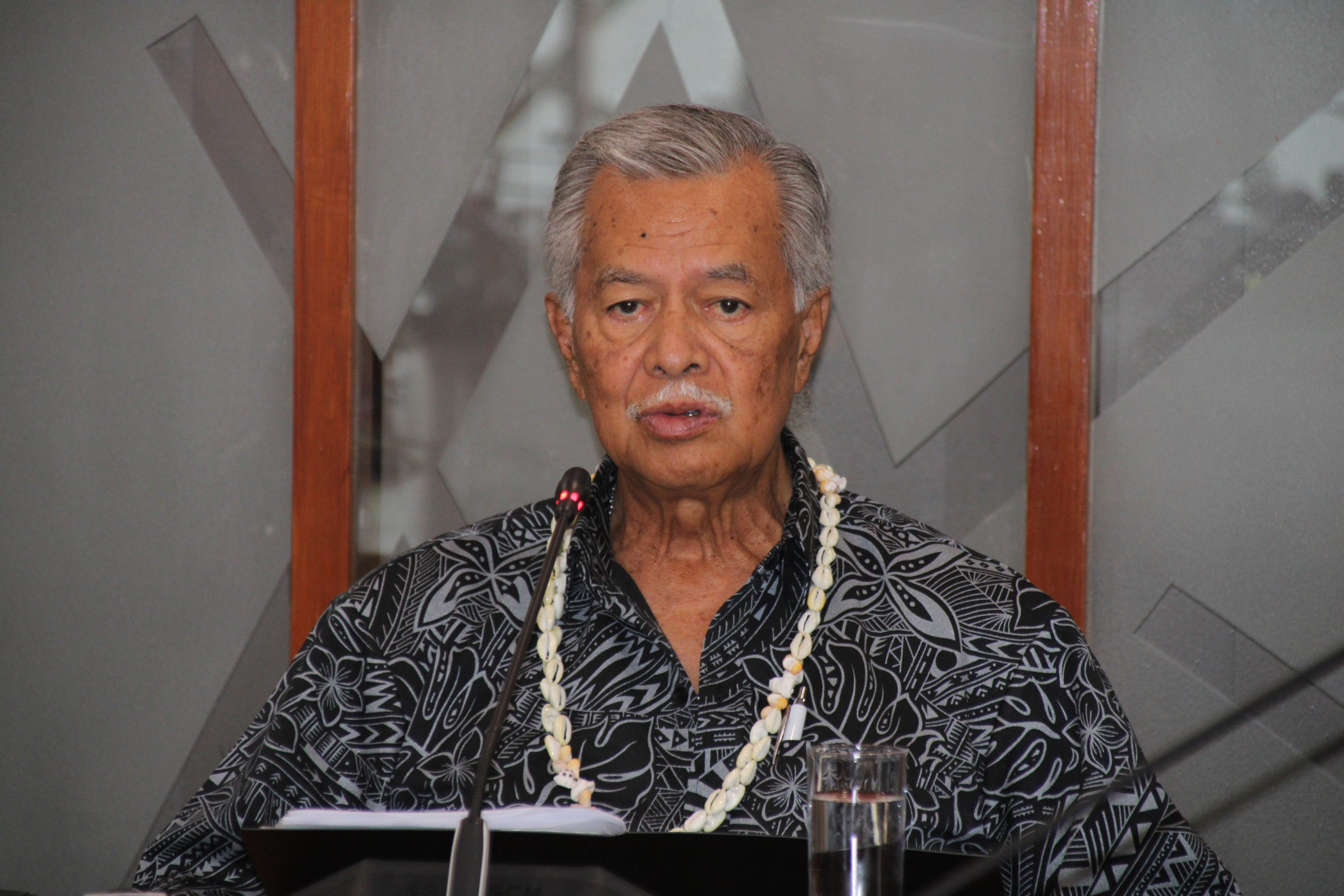By Rowena Acraman
Pacific Islanders have expressed their worry and have utilised social media and protests aiming to voice their concerns to Pacific leaders about the 1.3 million tons of Fukushima waste water being discharged into the Pacific oceans.
Forum Secretary General Henry Puna stressed that the Forum Leaders have given priority to the significance of “international consultation, adherence to international law, and the need for scientific assessments that are both independent and verifiable.
Puna assured islanders that Pacific leaders are doing what is in the “best interest of their people’’.
“I recognise that there is a lot of interest in the treated water. There is an emerging divergence on this issue amongst forum members, however, we all respect leader’s judgement to make sovereign decisions in the best interest of their country and people,” he said.
Puna further mentioned that Japan, in collaboration with on-site experts, has provided assurances regarding the minimal impact of the treated water, asserting that it has undergone thorough testing and is deemed to meet safety standards.
“We have relied on Japan’s assurances that discharge will not take place if it is not verifiably safe to do so, as well as their commitment to ensuring that any release would “not be allowed in a manner that endangers the lives of Japanese citizens or those of the citizens of Pacific Island countries”.
Japan will be held accountable for any implications that occur due to the treated nuclear water Puna further added.
The Secretary-General also revealed that the groundwork for waste management initiatives was started in 2021, marking an approximately two-year period during which collaborative efforts with Japan have been in progress. At the time there was a strong advocacy against it, however, now there are diverging opinions in the Forum.
Puna further mentioned that ideas were given to Japan to use the treated nuclear water in construction and cement production, however, Japan did not take the suggestion and opted to dispense their waste water into the Pacific instead.
SOURCE: PACNEWS














